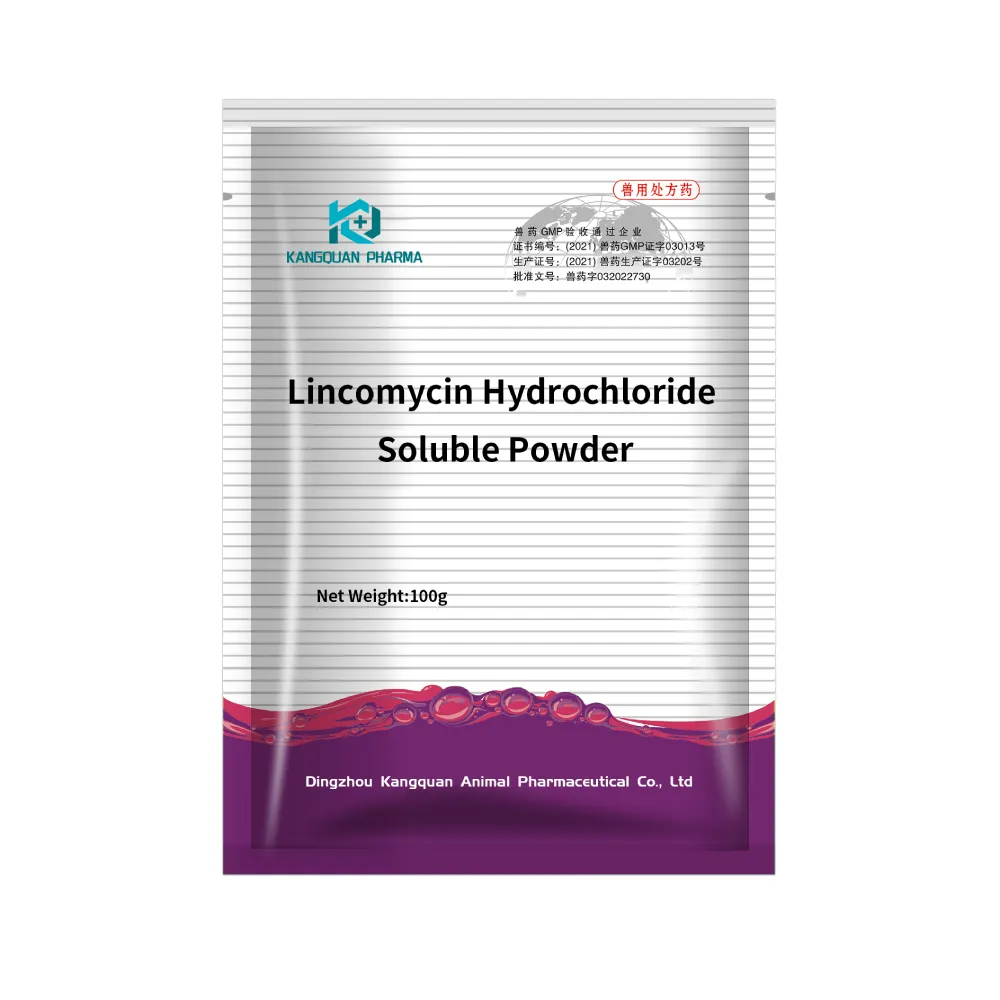- Afrikaans
- Albanian
- Amharic
- Arabic
- Armenian
- Azerbaijani
- Basque
- Belarusian
- Bengali
- Bosnian
- Bulgarian
- Catalan
- Cebuano
- Corsican
- Croatian
- Czech
- Danish
- Dutch
- English
- Esperanto
- Estonian
- Finnish
- French
- Frisian
- Galician
- Georgian
- German
- Greek
- Gujarati
- Haitian Creole
- hausa
- hawaiian
- Hebrew
- Hindi
- Miao
- Hungarian
- Icelandic
- igbo
- Indonesian
- irish
- Italian
- Japanese
- Javanese
- Kannada
- kazakh
- Khmer
- Rwandese
- Korean
- Kurdish
- Kyrgyz
- Lao
- Latin
- Latvian
- Lithuanian
- Luxembourgish
- Macedonian
- Malgashi
- Malay
- Malayalam
- Maltese
- Maori
- Marathi
- Mongolian
- Myanmar
- Nepali
- Norwegian
- Norwegian
- Occitan
- Pashto
- Persian
- Polish
- Portuguese
- Punjabi
- Romanian
- Russian
- Samoan
- Scottish Gaelic
- Serbian
- Sesotho
- Shona
- Sindhi
- Sinhala
- Slovak
- Slovenian
- Somali
- Spanish
- Sundanese
- Swahili
- Swedish
- Tagalog
- Tajik
- Tamil
- Tatar
- Telugu
- Thai
- Turkish
- Turkmen
- Ukrainian
- Urdu
- Uighur
- Uzbek
- Vietnamese
- Welsh
- Bantu
- Yiddish
- Yoruba
- Zulu
8 月 . 11, 2024 17:50 Back to list
Exploring the Therapeutic Applications and Mechanisms of Doxycycline Hyclate in Modern Medicine
Doxycycline Hyclate An Overview
Doxycycline hyclate is a broad-spectrum antibiotic belonging to the tetracycline class of drugs. It is widely utilized in the treatment of a variety of bacterial infections, thanks to its efficacy, versatility, and relative safety profile. This article explores the uses, mechanisms, side effects, and considerations associated with doxycycline hyclate.
Mechanism of Action
Doxycycline works by inhibiting protein synthesis in bacteria, which is essential for bacterial growth and reproduction. Specifically, it binds to the 30S ribosomal subunit, preventing the attachment of aminoacyl-tRNA to the ribosomal mRNA complex. This action halts the production of essential proteins, leading to the suppression of bacterial growth. Its effectiveness against both gram-positive and gram-negative bacteria makes it a popular choice for treating various infections.
Medical Uses
Doxycycline hyclate is prescribed for several indications, including
1. Respiratory Tract Infections It is commonly used to treat pneumonia, bronchitis, and sinusitis caused by susceptible bacteria.
2. Skin Infections Conditions like acne and rosacea can see improvement with doxycycline, which reduces inflammation and bacterial growth on the skin.
4. Tick-Borne Diseases Doxycycline is the antibiotic of choice for conditions such as Lyme disease and Rocky Mountain spotted fever, particularly when caught early.
doxycycline hyclate 1

5. Malaria Prophylaxis In certain regions where malaria is endemic, doxycycline can be used as a preventive measure for travelers.
Side Effects
Like any medication, doxycycline hyclate is associated with side effects. Common side effects include
- Gastrointestinal disturbances Nausea, vomiting, and diarrhea are often reported. - Photosensitivity Patients may experience increased sensitivity to sunlight, leading to sunburns. - Esophageal irritation It can cause irritation if not taken with sufficient fluids, emphasizing the importance of proper administration. - Alteration of gut flora As a broad-spectrum antibiotic, it can disrupt normal gut bacteria, potentially leading to conditions like antibiotic-associated diarrhea.
Serious side effects, although rare, can occur. These include severe allergic reactions, liver dysfunction, and increased intracranial pressure. Patients should seek immediate medical attention if they experience symptoms like difficulty breathing or severe headaches.
Considerations and Precautions
Certain populations should exercise caution when using doxycycline. Pregnant women and children under the age of eight should avoid this medication, as it can affect bone development and lead to tooth discoloration.
Additionally, it is essential to complete the full course of doxycycline as prescribed, even if symptoms improve before finishing the medication. This practice helps prevent antibiotic resistance, a growing global health concern.
Conclusion
Doxycycline hyclate is an indispensable tool in modern medicine for treating various bacterial infections, particularly due to its broad-spectrum activity and various indications. While it is generally well-tolerated, being aware of potential side effects and contraindications is crucial for safe and effective use. As with all antibiotics, responsible prescribing and usage, coupled with ongoing research, will be essential to maintaining doxycycline’s effectiveness in the face of evolving bacterial resistance.
-
The Power of Radix Isatidis Extract for Your Health and Wellness
NewsOct.29,2024
-
Neomycin Sulfate Soluble Powder: A Versatile Solution for Pet Health
NewsOct.29,2024
-
Lincomycin Hydrochloride Soluble Powder – The Essential Solution
NewsOct.29,2024
-
Garamycin Gentamicin Sulfate for Effective Infection Control
NewsOct.29,2024
-
Doxycycline Hyclate Soluble Powder: Your Antibiotic Needs
NewsOct.29,2024
-
Tilmicosin Premix: The Ultimate Solution for Poultry Health
NewsOct.29,2024













